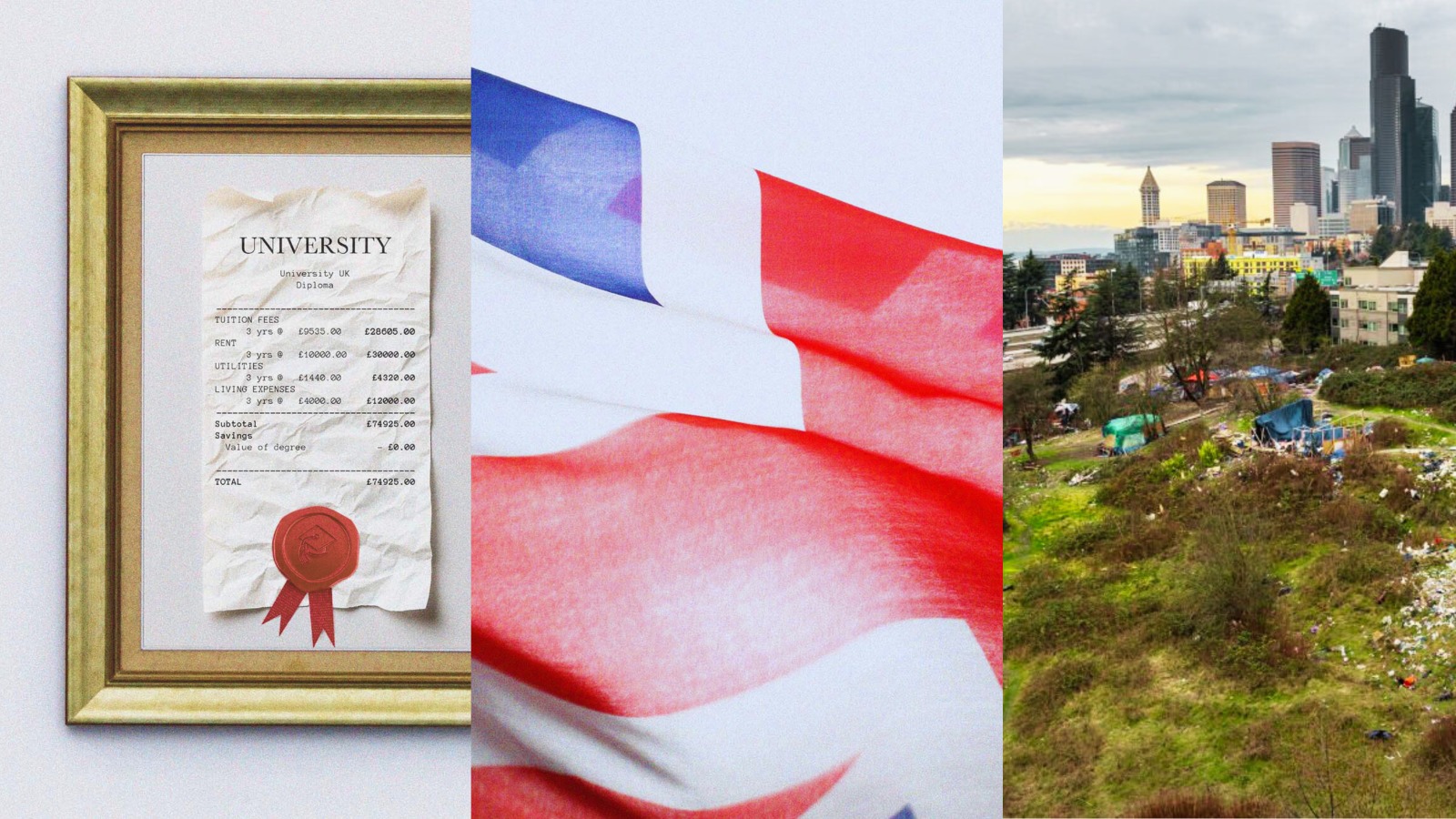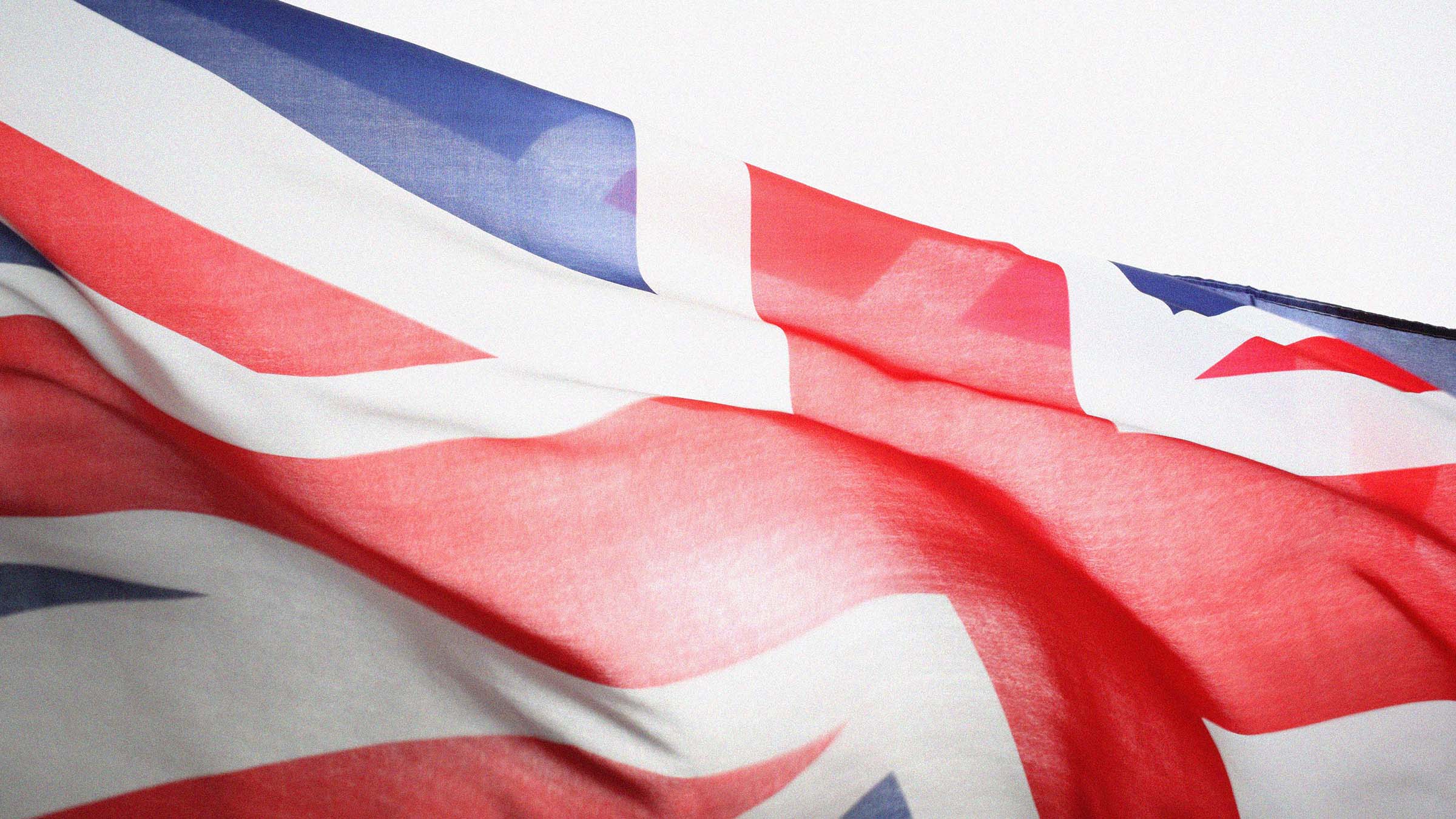How was my summer holiday, you ask? It was amazing, thanks … two weeks travelling through the Alaskan interior and the Canadian Yukon. A real bucket-list trip.
This is, however, not going to be the editorial equivalent of a 35mm slideshow of my holiday snaps. I bring it up because I return from the USA politically enlightened.
We flew into Seattle and gathered ourselves there for a few days before heading to Anchorage.
The problem of homelessness in Seattle was quite the eye-opener.
I’ve never seen anything like it – certainly it’s a problem bigger than any homelessness I’ve seen in the UK, ever. An order of magnitude greater.
In the early mornings, most downtown street corners would host a small group of rough sleepers. The stench of urine emanating from their grimy clothes was something you just got used to.
What you never got used to was seeing the Fentanyl Fold. This startling phenomenon is when a fentanyl addict is bent at the waist, at right angles, arms drooping to the ground, rigid and oblivious to their surroundings. Perhaps, in these minutes of peak intoxication, oblivious to actual existence. Which is, I imagine, the aim.
It’s a truly sordid and tragic spectacle. As close to a zombie movie as you can get in real life. And it’s part and parcel of any morning stroll downtown in one of the wealthiest cities in the world – home to Amazon, Starbucks, Boeing, Expedia, Costco and huge Microsoft and Google operations.
This is, you may guess, a significant part of the problem.
For years, Seattle’s housing market has been one of the hottest in the US, driven by the tech boom. One-bed apartments in the city routinely rent for more than $2,000 a month. Anyone with a low income faces being priced out of the market. Tens of thousands spend more than half their income on rent. They are just one crisis away from eviction and life on those street corners.
Compounding the problem, the tech boom saw the city’s population soar by more than a quarter since 2010. New affordable housing hasn’t come close to matching that.
Then there’s America’s healthcare provision. Washington State ranks close to bottom for access to psychiatric beds and mental healthcare provision. There is no meaningful plan to rescue those lost souls hooked on fentanyl.
The tangential consequences of all this poverty are also very visible. In grocery stores, armed security guards patrol the exits. I saw several armed with Tasers and handguns. I haven’t seen that level of retail security since witnessing two men with shotguns guarding a coffee shop in Guatemala City – one of the world’s most dangerous cities.
Seattle is a vehemently liberal city. In the 2024 election, Seattle voted overwhelmingly for Harris (73%) against Trump (22%).
Many of the locals I spoke to held their heads in their hands about the state of politics, both locally and nationally. Head-holding, however, seems an inadequate response to a chronic issue that threatens to define the reputation of a great city.
It’s easy for me, as a tourist, to feel nothing but pity for those people wasting away on those street corners, but at the same time I begin to see why Donald Trump’s populist promises in other cities like Washington DC or San Francisco to “sweep them all away” might appeal to residents near parks their kids cannot play in because they are full of homeless fentanyl addicts.
If your current politicians don’t have a convincing answer to a crisis on your doorstep, then the populists’ promises – realistic or otherwise – become compelling.
Matthew d’Ancona and I discuss this on this week’s The Two Matts podcast, and also join the dots with what’s going on here as Nigel Farage promises sweeping deportations of Britain’s pressing political problem, immigration.
Our magazine cover this week is provocative. When isn’t it, you ask! Never, if at all possible, would be my answer. This week, we tackle the proliferation of flags emerging in the streets of England. Nigel Warburton explains the xenophobe’s attraction to flags, while James Ball examines, with his usual forensic brilliance, the actual issues at the heart of the immigration crisis that has taken over the political agenda this summer.
Meanwhile, our delightful Dilettante columnist Marie Le Conte meets a Rupert Lowe fan on the Piccadilly Line. As an immigrant from a Muslim background, the conversation that ensues is … interesting.
From across the pond, Nicky Woolf profiles Karoline Leavitt, Donald Trump’s press secretary – the living embodiment of his media strategy – in other words, spilling over with belligerence and lies.
“People have started to laugh at Leavitt, for mispronunciations including ‘Adolf Hilter’, for her habit of calling members of the press ‘pundints’, for the unfortunate way she sometimes calls her boss ‘Chump’ rather than ‘Trump’.” Talk about a Freudian slip.
Finally, as hundreds of thousands of students get ready to begin their university courses, someone who has just finished hers – Lucy Reade – gives us a brilliant analysis on whether university is still worth it. The answer, ultimately, is yes, but maybe not for the reasons all those mums and dads (me included this year!) will be thinking of as they bid their offspring a proud and tearful farewell.



